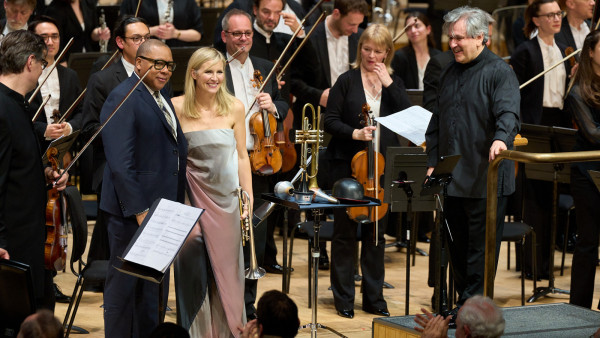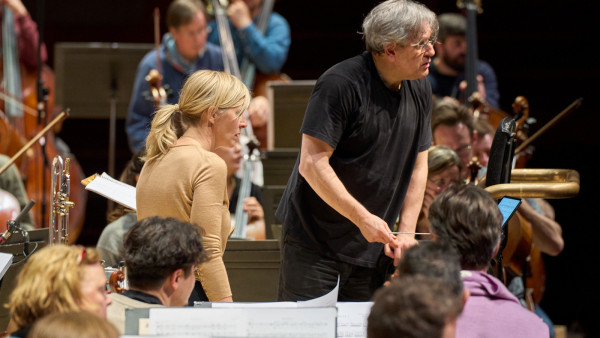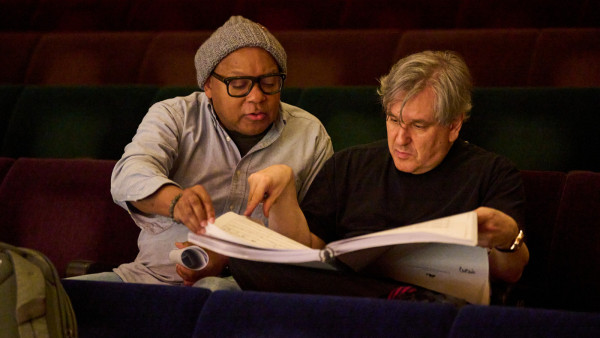LSO/Alison Balsom, Barbican review: An astonishing feat of stamina
There may be things that Wynton Marsalis does not know about the trumpet – but from the UK premiere of his new concerto, presented by Alison Balsom, the LSO and Antonio Pappano at the Barbican last night, it’s hard to imagine what.
It opens with a fanfare: not from the Angel Gabriel, but from that original trumpeter, the elephant. From this opening call until its final return joyously surrounded by the sounds of nature, this six-movement ride through the Trumpet According to Marsalis takes in a succession of references to irresistible styles – blues, Mexican, waltz, the two-step – and to great players such as Louis Armstrong and Maurice André.
It places astonishing demands on the soloist in terms of virtuosity, ingenuity, ensemble work and sheer stamina, and the intricate rhythms keep the orchestra and conductor on their toes. Balsom, wielding two trumpets in succession, was resplendent every inch of the way, and Pappano brought the work a taut, fierce energy.
Marsalis seems to have hit a magic jackpot here, pouring his whole musical self into the concerto while also enrapturing the audience. You don’t often find a huge new piece being greeted with an ovation like this. There are more chances to hear it, including Bristol tonight and the LSO’s tour in Germany thereafter, and this summer Balsom is playing it in the Edinburgh International Festival.
For the second half Pappano took up a theatrical work that in more than two decades at the Royal Opera House he would not have conducted because it is a ballet: Ravel’s complete Daphnis et Chloé (1912). It is based on an erotic pastoral story by the second-century Greek writer Longus, and Ravel dreamed up for it a gloriously lavish orchestration that includes two harps, celesta, wind machine and a wordless chorus (which was slightly hidden behind the orchestra, one of the Barbican’s many spatial challenges perhaps being the accommodation of such unusual forces).
Pappano galvanised a high-heat performance that brought out the Grecian sunshine and the intense, obsessive dance rhythms, and the LSO first flautist Gareth Davies shone bright in the “Syrinx” solo. A special secret weapon was the choir Tenebrae, which brought the chromatic a cappella transition to Part Two a rare, pure clarity.
Pappano is not officially in post as the LSO’s new music director until September, but already seems to have stepped smoothly into Sir Simon Rattle’s vacated shoes. It is one lucky orchestra.
by Jessica Duchen
Source: iNews



